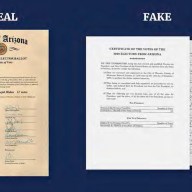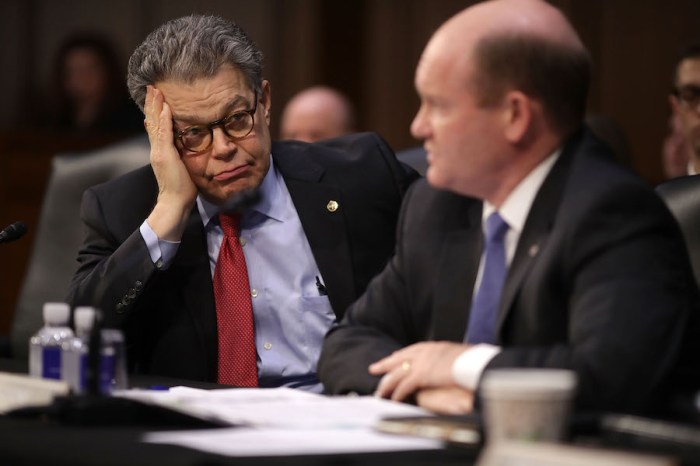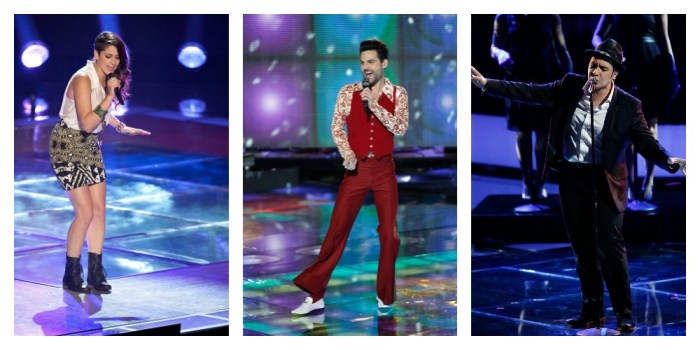The breakthrough: Phoebe Fox, star of ‘The Woman in Black 2’
There’s a long tradition of English stage actors finding themselves in understated British horror films. The latest is Phoebe Fox. After a handful of television appearances — including an episode of “Black Mirror” and the BBC miniseries “The Musketeers” — she graduates to lead duties in “The Woman in Black: Angel of Death,” in which she plays a school mistress tending to displaced children during World War II. Yes, there’s a ghost, and ordinarily that wouldn’t be Fox’s cup of tea.
Were you a horror movie fan prior to signing up with this?
I wish I could say I was. I scare incredibly easily. I’m the type of person who jumps at loud noises. I had only ever seen horror films by mistake. I remember being on a school trip where the communal DVD was “The Ring,” which left me permanently scarred. Since working “The Woman in Black” I sort of got into them. I now quite enjoy the thrill of watching a horror movie. I actually went to the cinema and paid to see a horror film the other day, which would never have happened earlier.
What was it?
“The Babadook.”
How did you find it?
I loved it!
Was the fact that this is a more suggestive horror film something that made the job easier to take?
Absolutely. I don’t think I would have been that keen to do a gore film. What I loved about this — and it’s true of the “The Babadook” as well — is although it’s about a woman battling a ghost or a demon, it’s also about a woman battling her own demons. In the case of my character she’s traumatized by this baby she’s given up. She’s battling her own guilt. You have this emotional drive and heart you can connect to outside of the jumps and the scares.
This film is equally about the trauma of living through World War II as it is about a scary ghost.
It’s not a mistake it’s set in the second World War. The people who lived through that time in Britain had this attitude that everyone is going through something traumatic. Everyone’s in pain. So you cover it up and you keep smiling.
Did you do much research into the era?
I felt it was slightly irrelevant for me to look into the actual war side of it. But what I did do is I bought this hefty book called “How We Lived Then,” which was about the day-to-day — what was rationing, what were you eating, what weren’t you eating, what were the restrictions on your life? It was interesting, once you delved past the obvious stuff, what you could find out. It’s irrelevant to my character, but it was interesting to learn that they stopped the manufacture of alarm clocks because they needed the material for weapons and bombs and artillery. But it made so many people late for work, so they stopped that.
As someone who doesn’t like horror films, how did you adjust to acting in a horror film?
It was a lot harder that I expected. I’m used to be on stage and needing those reserves of energy to give a performance that’s going to reach the back of the theater. Doing a horror film actually requires the same amount of energy. If you underplay it people won’t be afraid. The director was constantly pushing me to act more and more and more terrified. It was exhausting. [Laughs]
The acting styles required by the stage are so different from what’s required on film.
It’s really hard. I naturally want to seem really big. I’m more inclined to tear up the furnishings and scream and shout and wave my arms around. But that doesn’t really work on camera. I find it quite hard to stay withdrawn. I have to be quite strict with myself.
You’re also spending most of your scenes acting opposite children. How was that?
They were lovely, but they realized I was a bit of an easy target. Every time something went wrong on set — it could be the smallest thing, from a light not working to someone being in the wrong costume — they’d all chime in in unison, “Oh, Phoebe!” I was a little bit bullied by the children, I guess. But they were great actors, actually. I hate to sound surprised. It didn’t really occur to me that kids that young can act, but they can.
Follow Matt Prigge on Twitter @mattprigge


















